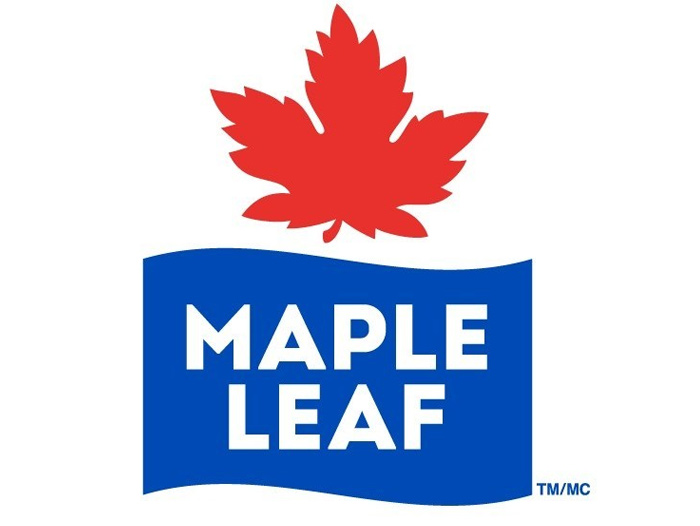Maple Leaf Foods Releases 2018 Sustainability Report
August 7, 2019 | 4 min to read

MISSISSAUGA, ON – Maple Leaf Foods announced today the release of its 2018 Sustainability Report which outlines the company’s key achievements over the past year and targets for the current year.
Producing protein is essential in nourishing billions of people, but also utilizes significant resources. Becoming a sustainable protein company is a journey Maple Leaf Foods has been on for several years, and while work remains to be done, meaningful progress has been accomplished in 2018.
“At Maple Leaf Foods, we are working toward more sustainable food production and a more sustainable protein industry by doing things smarter, better and more responsibly,” said Michael McCain, President and CEO, Maple Leaf Foods. “We have a responsibility to ourselves, and to our customers to address the significant environmental and social challenges we face as a society. Our vision is to be the most sustainable protein company on earth.”
Maple Leaf’s sustainability program is built on four guiding pillars – Better Food, Better Care, Better Communities and Better Planet. Highlights include:
Better Food
Maple Leaf Foods is actively addressing consumer demand for “real food” by reducing artificial ingredients, and sodium levels, leading in production of meat and poultry raised without antibiotics and continually advancing leadership in food safety. In 2018, the company took its flagship Maple Leaf brand and boldly removed the things people don’t recognize or don’t want in their food. The company is also broadening its reach into protein alternatives through its Lightlife and Field Roast brands.
Better Care
Maple Leaf Foods has strong values that deeply define its culture and how it operates. These values extend to how the company treats animals raised or sourced. As of the end of 2018, Maple Leaf Foods transitioned approximately 44,000 sows (67%) to an advanced open sow housing system and will be transitioning all remaining sows under its management from gestation crates to advanced open sow housing by the end of 2021.
Maple Leaf is also leading and growing in sustainable meat, without the use of any antibiotics. Its Greenfield brand is the clear leader in that segment, and this has been extended into the Maple Leaf Prime poultry brand.
Better Communities
Maple Leaf Foods values communities and works collaboratively with organizations to reduce food insecurity in Canada. In 2018, Maple Leaf invested more than 1% of its pre-tax profit to advance sustainable food security. The company has made a long-term commitment to advancing sustainable food security and going well beyond conventional corporate philanthropy. Its Maple Leaf Centre for Action on Food Security, a registered charity governed by an independent Board of Directors, is committed to working collaboratively across sectors to reduce food insecurity in Canada by 50% by 2030.
Better Planet
Maple Leaf Foods embraces a sustainable culture that focuses on eliminating waste. In 2014 Maple Leaf set aggressive goals to cut its environmental footprint by 50% by 2025 (20% by 2020), requiring significant reductions in energy, water and solid waste. By the end of 2018, the company was ahead of target in both electricity usage and solid waste. To bridge the gap where more dramatic reductions are required but have not yet been achieved, Maple Leaf is developing a comprehensive carbon management strategy.
To learn more about sustainability at Maple Leaf Foods, visit:
mapleleaffoods.com/sustainability
To learn more about Maple Leaf Foods brands, visit:
About Maple Leaf Foods
Maple Leaf Foods is a producer of food products under leading brands including Maple Leaf®, Maple Leaf Prime®, Maple Leaf Natural Selections®, Schneiders®, Schneiders® Country Naturals®, Mina®, Greenfield Natural Meat Co.®, LightlifeTM, Field Roast Grain Meat Co.TM and Swift®. Maple Leaf employs approximately 12,500 people and does business in Canada, the U.S. and Asia. The Company is headquartered in Mississauga, Ontario and its shares trade on the Toronto Stock Exchange (MFI).
